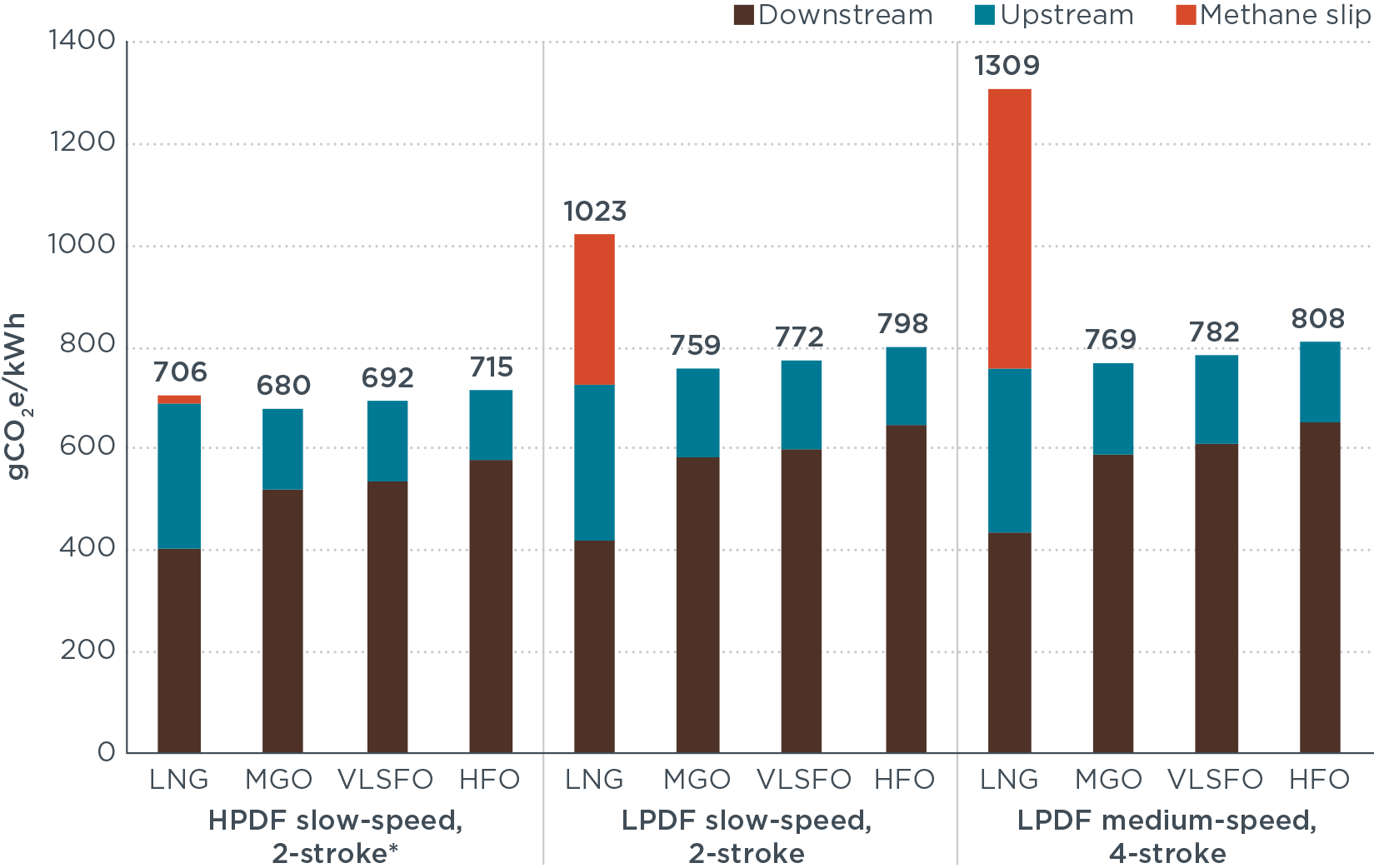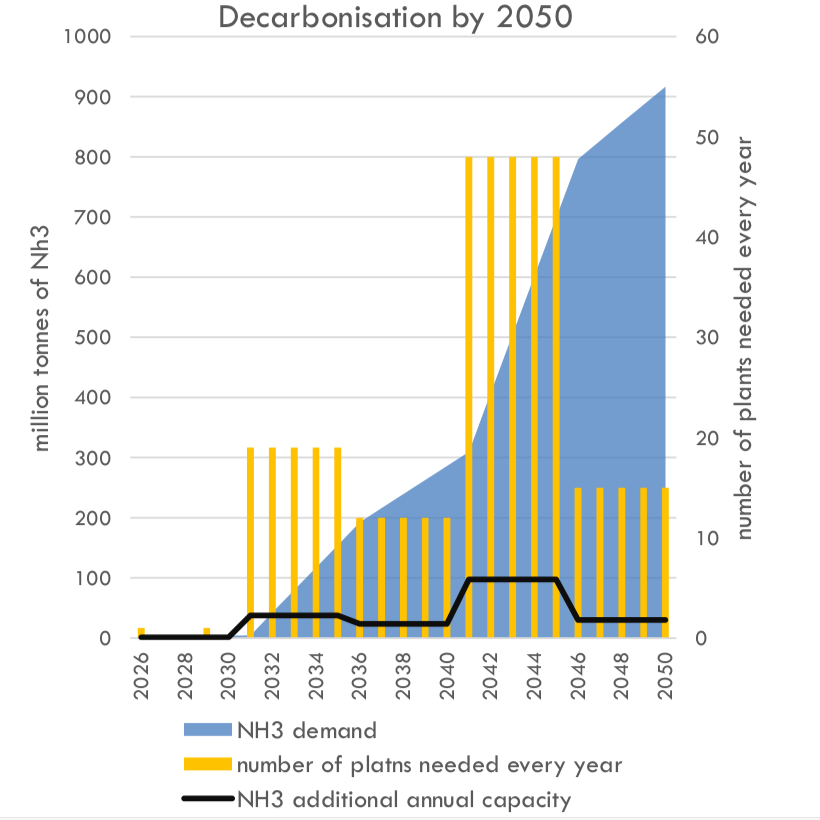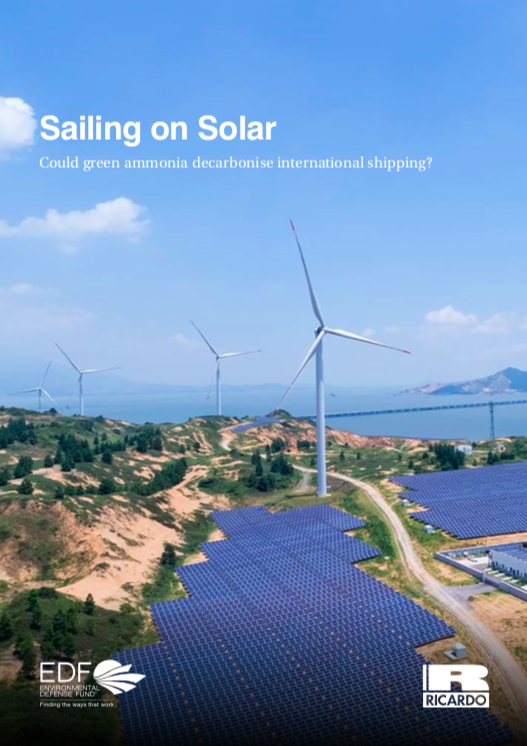When you go to see a film in the cinema, the closing credits go on for another five minutes after the film is over. Although few moviegoers stay to read them, the lengthy credit rolls clearly show that a blockbuster is not just about actors but also about the hundreds of people behind the scenes. These people are as important as the main actors in the movie making process. A similar situation occurs with a ship’s climate emissions: if we only account for what’s coming out of the stacks, we don’t understand the real climate impact of the fuel. The full life-cycle of emissions contributes to climate pollution, and we need to recognise their role in climate change. Shipping is an industry with long-term planning horizons and long-lived assets. It is crucial that policy makers in the International Maritime Organization (IMO) and the European Union (EU) provide clear guidance and a robust policy framework to account for the full climate impact of fuels.
Content Related to Environmental Defense Fund
Article
Maritime decarbonization is a trillion dollar opportunity
Trevor Brown February 06, 2020
In January 2020, the Global Maritime Forum published new analysis that calculates "the capital investment needed to achieve decarbonization" in line with the International Maritime Organization's Initial GHG Strategy. The result of this analysis, which assumes that ammonia will be "the primary zero carbon fuel choice adopted by the shipping industry," is an aggregate investment of between $1 trillion and $1.4 trillion dollars, from 2030 to 2050, or roughly $50 to $70 billion per year across two decades. Ship-side costs are only 13% of this number. The bulk of the investment will be directed towards green ammonia plants for maritime fuel synthesis. By 2050, this global fuel demand is estimated to be more than 900 million tons per year of green ammonia, more than five time today's total global output of conventional ammonia.
Article
Sailing on Solar: EDF report identifies ammonia as "one of the most promising" maritime fuels
Trevor Brown June 05, 2019
In May, the Environmental Defense Fund published Sailing on Solar, a significant new report that assesses the potential for green ammonia to be used as a maritime fuel, reducing the global shipping industry's carbon emissions. Its 60-page techno-economic analysis concludes that "green ammonia can – indeed should – be adopted as a greenhouse gas-free fuel more easily, quickly and safely than people may assume." Indeed, Sailing on Solar estimates that, to meet decarbonization targets, ammonia will need to start being adopted in ships "during the 2020s."


